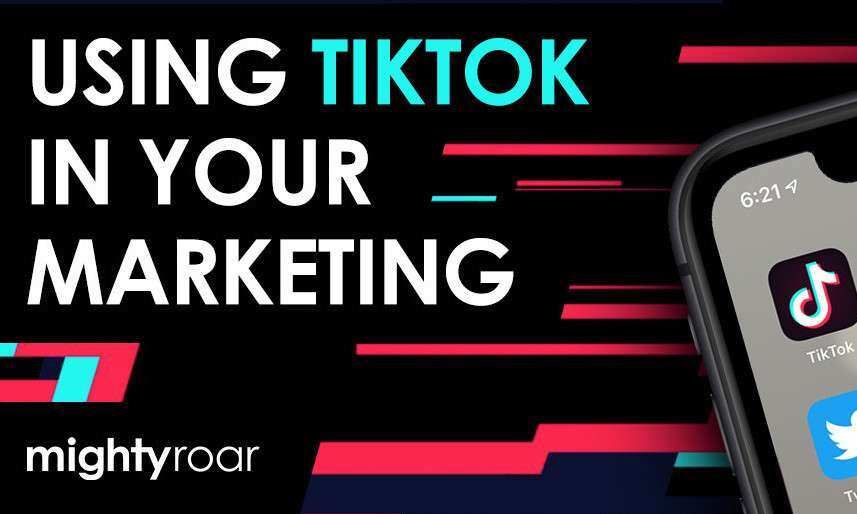What Should My Marketing Budget Be?
The amount a business should set aside for its marketing budget will vary based on its position in the market, its business goals, and the...
A website redesign, if done well, requires significant investments in time, effort, and attention. Your website serves as the center of your marketing and provides an excellent opportunity to realize a substantial return on your investment.
If someone sees your TV spot, they may visit your website to learn more.
If they see a banner ad, they may forego a click to perform their own search and land on your website.
If a friend or influencer mentions your brand, checking out your website is the next step.
The truth is no matter how great your outbound marketing looks and performs, if your website isn't up to par then your overall marketing campaign is at a disadvantage.
Depending on your industry and consumer behavior, 2-3 years may serve as a good span between site redesigns. While there's no established rule for how old a site should be before it's redesigned, we recommend you think about it as you would your phone.
This doesn't mean mobile-friendly, although yes, your site should be mobile-friendly. If it isn't, please stop reading this and redesign it now. (It's okay …we'll wait.)
Think through the advancements and expectations around functionality that come with each new phone release.

When you see someone with a brand new phone soon after the release, you might view that person as cutting edge or appreciative of technology.
If someone has a two-year-old phone, you may assume that while they appreciate technology, it may not be a priority for them or that they aren’t as cutting edge as someone with a newer model.
On the other hand, if you see someone with an iPhone 5, your first thought might be that it's an old phone. Perhaps it looks dated, its performance is inferior and based on today’s standards, it's not as good.
Basically, if your competitors are iPhone Xs’ and your site is the iPhone 5 of the group, it will be difficult to convince your prospects that you're better.
Consumers set their ideal digital experience expectations based on one leading product or platform and shift those expectations to everyone else.
This is why you often hear products or services described as "The Uber of X industry" or "The iPhone of Y Product."

Now you may be thinking, "hey, our site is only a few years old and should be fine."
If "fine" is your goal, that's great. However, if you've been asked to deliver marketing results above "fine," then consider the following indicators of whether you may need to update your website:
Much attention is given to specific campaign goals and not enough to the existing campaign elements, like your website. Imagine for a second that you launch a new awareness campaign to share how your upcoming product is so advanced/stylish/user-friendly.
The ads look great, the media plan targeting is spot-on, and consumers are excited.
…until they click through to your website.
It's ugly, hard to use, and the content is lacking. The opposite of everything your ad campaign communicates.
Some consumers will maintain their excitement, but others will question if your product is really what you claim.
Bounce rate is an indicator of whether this is currently happening on your site. Your bounce rate shows the percentage of site visitors who leave your site after only viewing one page and not interacting with anything.
Typically, a bounce rate higher than 70% means that the page is not meeting the visitor’s expectations. It may be that the ad or link that brought them there was misleading, or the page was off-putting (unattractive, hard to use, boring).
In addition to monitoring the bounce rate, it's critical to identify a clear goal for your website and build around that goal. It's easy to get distracted by how a page looks, but ultimately you want to maintain a balance between looks and accomplishing your goals.
Some website goals to center your site around could be:
Website objectives under this goal might focus on search engine optimization (SEO), sales funnels, effective calls-to-action, and conversion rates.
Objectives: content quality (time on site, pages per session, organic traffic), and trust (backlinks, referrals, social sharing).
Objectives: email subscriptions, lead development, find a location, contact / live chat, and repeat sessions.
Objectives: sessions (new/repeat), direct traffic, referral traffic, shares, social engagement, and search volume.
How does your site compare to your competitors? Consider style, cleanliness, functionality, available features, and content. When consumers use your website to comparison shop - and they will - how will you fair?
Are consumers within your industry shifting to more of a DIY model? If so, you may need to redesign your site to provide walkthroughs, guides, how-to videos, and more instructional content.
Are technology advancements in fields like Augmented Reality (AR) or Virtual Reality (VR) showing potential to change the way you're able to demonstrate your products or guide prospects towards the right product for them?
If being on the hook for a security breach isn't already a reoccurring nightmare, consider that research has shown the majority of users would stop interacting with a brand after a breach.
So updating your website and ensuring that you're doing everything you can from a security standpoint is worth it considering the alternative.
The fact that you're reading this post in the first place indicates that you may believe that your site is lacking and it may be time to make some updates. Go with your gut and, at least, explore what that update would look like.
Where is your website lagging behind currently?
What preparation could you begin for upcoming trends?
Your website is arguably the most important piece of your marketing and so even though a website project may require significant investment to get it right, that investment should be able to show a solid and immediate return.
Sign up for our monthly newsletter to receive updates.

The amount a business should set aside for its marketing budget will vary based on its position in the market, its business goals, and the...

In this post, we’ll break down what TikTok is, who’s using it, and what you, as a marketer, need to know.

To make a case for why you should consider using Reels in your marketing, it's important to begin with the fact that Facebook tried to acquire...